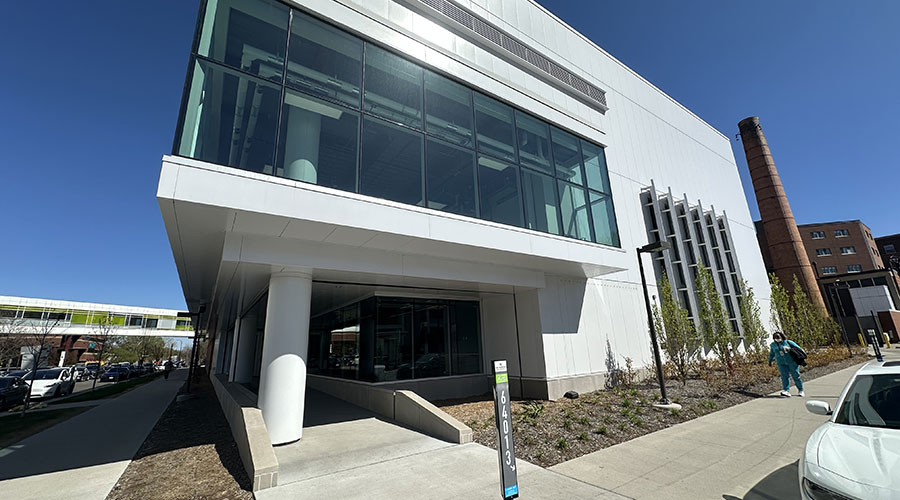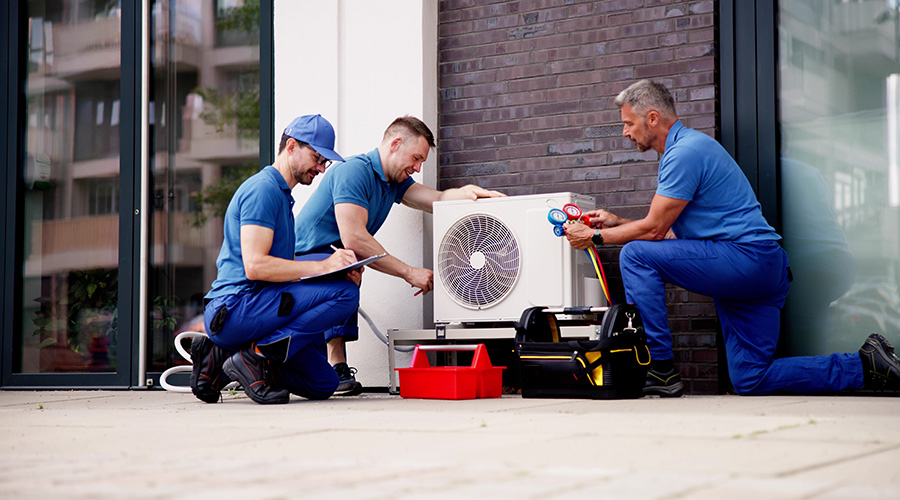Maintenance History Key Factor in Boiler Repair-or-Replace Decision
Boilers and water heaters are essential for ensuring occupant comfort in many institutional and commercial facilities. But for these big-ticket items to effectively deliver comfort to facilities, they must operate energy-efficiently and reliably.
When they do not, managers face a difficult decision on whether to continue investing in repairs and upgrades or to replace the unit. If the decision is made to continue repairing it, a retrocommissioning program can help identify problems that require the most immediate attention.
Looking For Trouble
States and municipalities require boiler inspections. Some boiler and water heater inspection requirements are getting stricter, but they do not cover the entire system. So managers should treat them as absolute minimum requirements.
Safe equipment operation requires managers to go far beyond legally mandated requirements and set up a comprehensive inspection and testing program. For example, at least annually, operators should inspect water-side and fire-side surfaces and remove corrosion, scale, and mud they find. Refractory surfaces also should be inspected.
But annual inspections serve another purpose beyond complying with legal requirements. They also help technicians detect relatively minor problems before they can result in costly damage to the boiler. To detect such problems, managers should ensure that operators and technicians complete a series of regular tasks. They should:
- examine the boiler or domestic water heater for code compliance at least annually
- identify and correct installation deficiencies
- inspect and test all safety features and interlocks to ensure their proper operation
- test the boiler's control system over a range of loads
- test shutoff valves annually to confirm they close and do not leak
- check interior surfaces during the annual inspection to ensure there is no localized overheating, erosion or corrosion formation.
Operators will have to perform additional testing and inspections, sometimes daily, depending on the size of the boiler and the nature of the load it is serving. They should inspect the entire fuel system daily for leaks and throughout the process, consult with the equipment manufacturer in order to determine the most appropriate testing and inspection procedures for that particular unit.
Monitoring the operation of the boiler's water-treatment system also is an essential step. Boilers need make-up water. The chemical-treatment process removes impurities from the system, but it is essential that the type and quantity of chemicals that operators use match the conditions in the boiler system. Failing to use the correct type or amount of chemicals can result in inadequate protection or accelerated corrosion in the system.
Operators also need to remember to keep the boiler log updated. This log is one of the most important tools available for ensuring operators operate and maintain boilers and water heaters properly. Operating conditions change so slowly that operators might not even notice, unless something is drastically wrong within the boiler.
By regularly updating data in the boiler log, operators will be able to identify trends that might help them detect developing problems they otherwise might overlook.
Related Topics:













